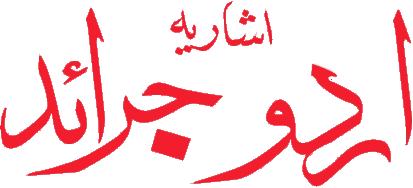An Analytical Study of war Strategy in the Prophet’s (PBUH) Campaigns
غزواتِ نبویﷺ میں جنگی حکمتِ عملی کا تجزیاتی مطالعہ
Keywords:
Prophetic Battles, Military Ethics, War Theory, Strategic Leadership, International Humanitarian Law, War Ethics, Defensive JihadAbstract
This scholarly article provides a comprehensive analytical exploration of the military strategies employed by the Prophet Muhammad (PBUH) during the formative period of the Islamic state. Far from being campaigns of conquest or aggression, the prophetic battles were deeply rooted in ethical principles, defensive necessity, and divine guidance. This study examines how the Prophet's military leadership embodied strategic planning, intelligence gathering, adaptability, consultation (Shura), and strict adherence to the moral and legal teachings of Islam. The Prophet (PBUH) meticulously observed humane principles in warfare, forbidding harm to non-combatants, destruction of crops and trees, or damage to places of worship. These principles not only preceded but surpassed many modern international laws of armed conflict. The analysis highlights that each battle served a broader purpose—ensuring justice, defending the oppressed and establishing peace rather than territorial dominance. Furthermore, this research emphasizes the enduring relevance of the Prophet’s strategies in the context of modern military doctrines, conflict resolution, and global peace frameworks. The article also illustrates how the prophetic model of warfare can serve as a guiding paradigm in today's polarized world, countering narratives such as Islamophobia by showcasing Islam’s commitment to justice, compassion, and disciplined conduct even during armed conflict. Ultimately, this article argues that the prophetic military legacy is not merely historical but a timeless ethical and strategic system capable of informing contemporary leadership, legal thought, and humanitarian standards.
Downloads
Downloads
Published
Issue
Section
License
© Author(s). This article is published as Open Access under the Creative Commons Attribution 4.0 International License (CC BY 4.0), which permits unrestricted use, distribution, and reproduction in any medium, provided the original work is properly cited.















